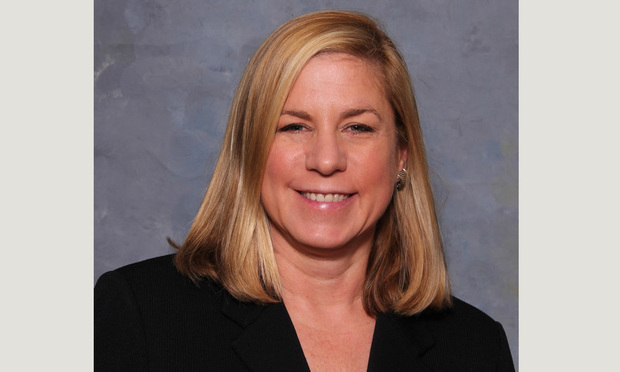It is the 100th anniversary of prohibition (Jan. 17, 1920), and the end of Dry January, a month where resolution keepers strive to abstain from alcohol for the first month of the year. Given the season, this month’s column is devoted to the not-so-secret secret of lawyers and problematic drinking and substance abuse. I have experienced the issues surrounding addiction in my professional career both as a practitioner advising clients and as a law firm partner and leader. One attorney who suffers from addiction affects many lives exponentially. Addiction is not just one person or one attorney, it affects the entire law firm community in one way or another. It is an issue that must be addressed head on by leadership if we are to protect and assist our employees, our firm and our clients. As I stated in my last column, law firms consist of human capital. Human capital brings with it all of the issues humans face, including mental illness, addiction and substance abuse.
The ABA Commission on Lawyer Assistance Programs, in collaboration with the Hazelden Betty Ford Foundation, sought to update our understanding of substance abuse and mental health in the legal profession in 2016 (Journal of Addiction Medicine, February 2016). The study paints a story of a profession rife with substance abuse, anxiety and depression. Researchers found that 20.6% of respondents engaged in hazardous drinking, with higher rates experienced by attorneys in private practice and less-experienced attorneys. Attorney illicit substance use of intermediate concern or higher represents 24% of the attorneys surveyed.


 Lauri Kavulich of Clark Hill.
Lauri Kavulich of Clark Hill.




